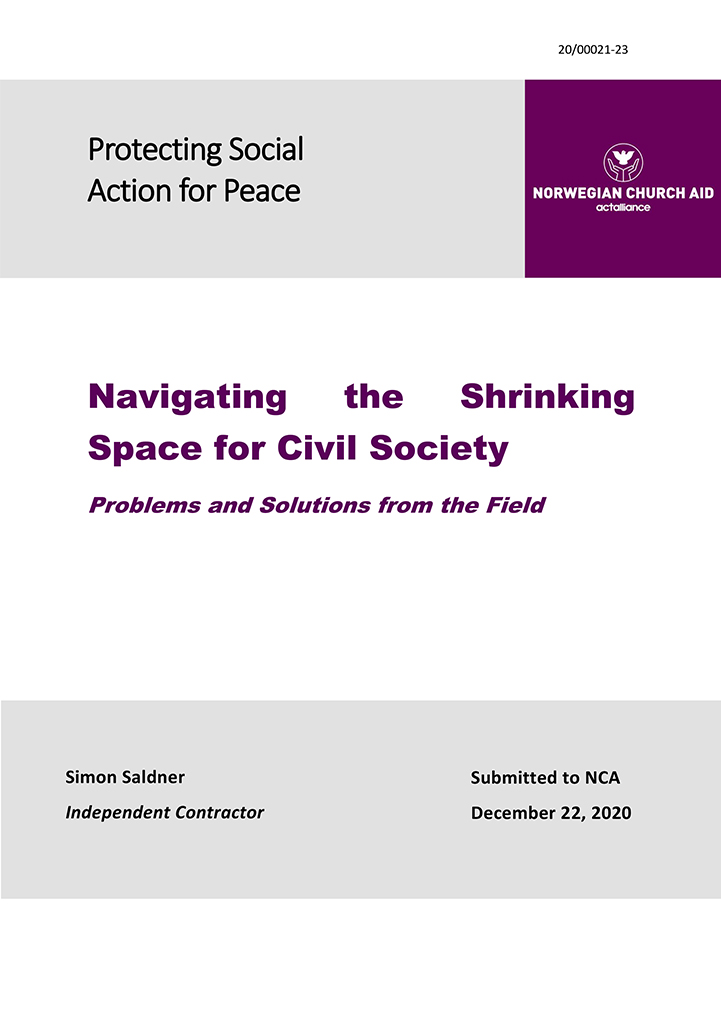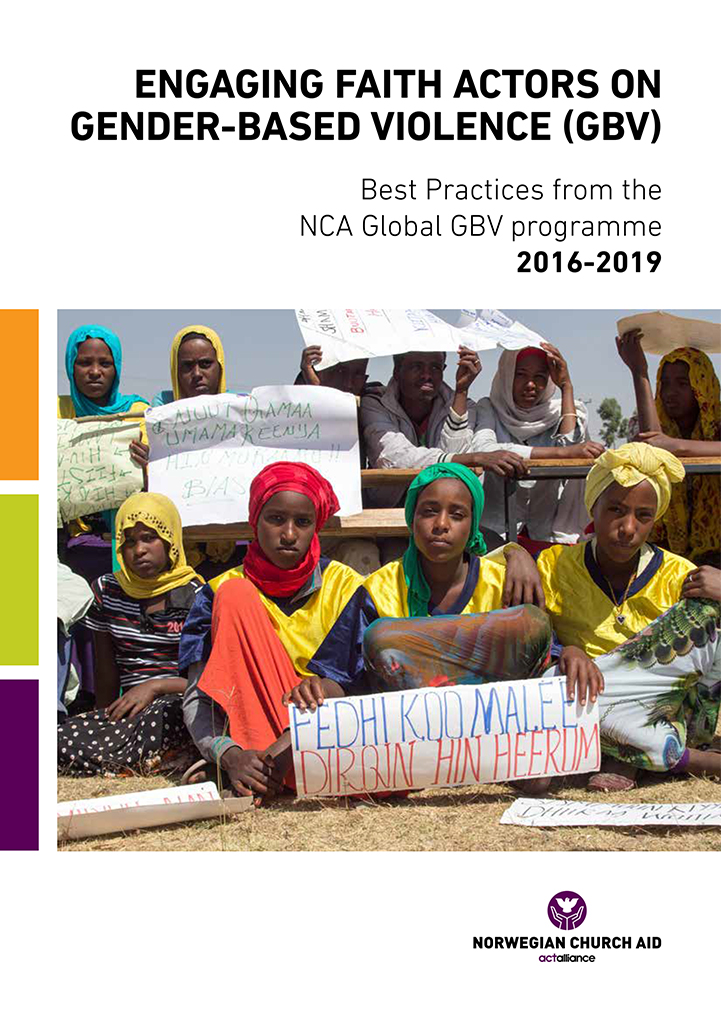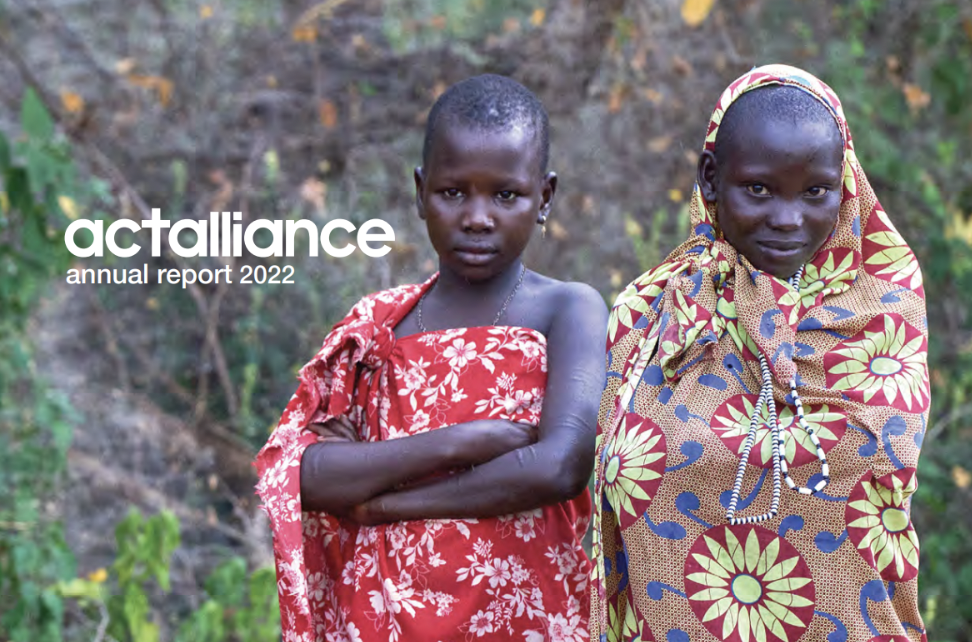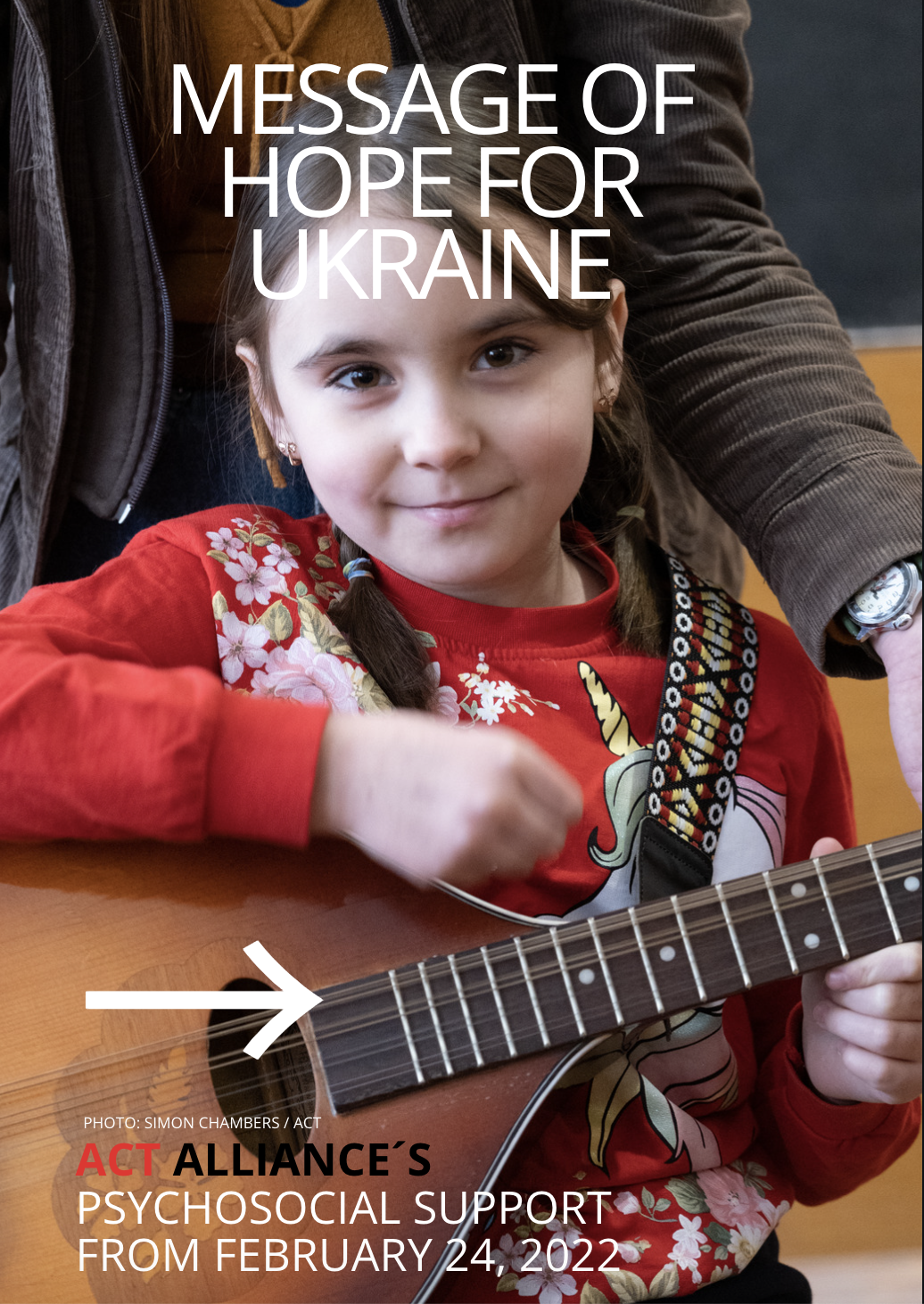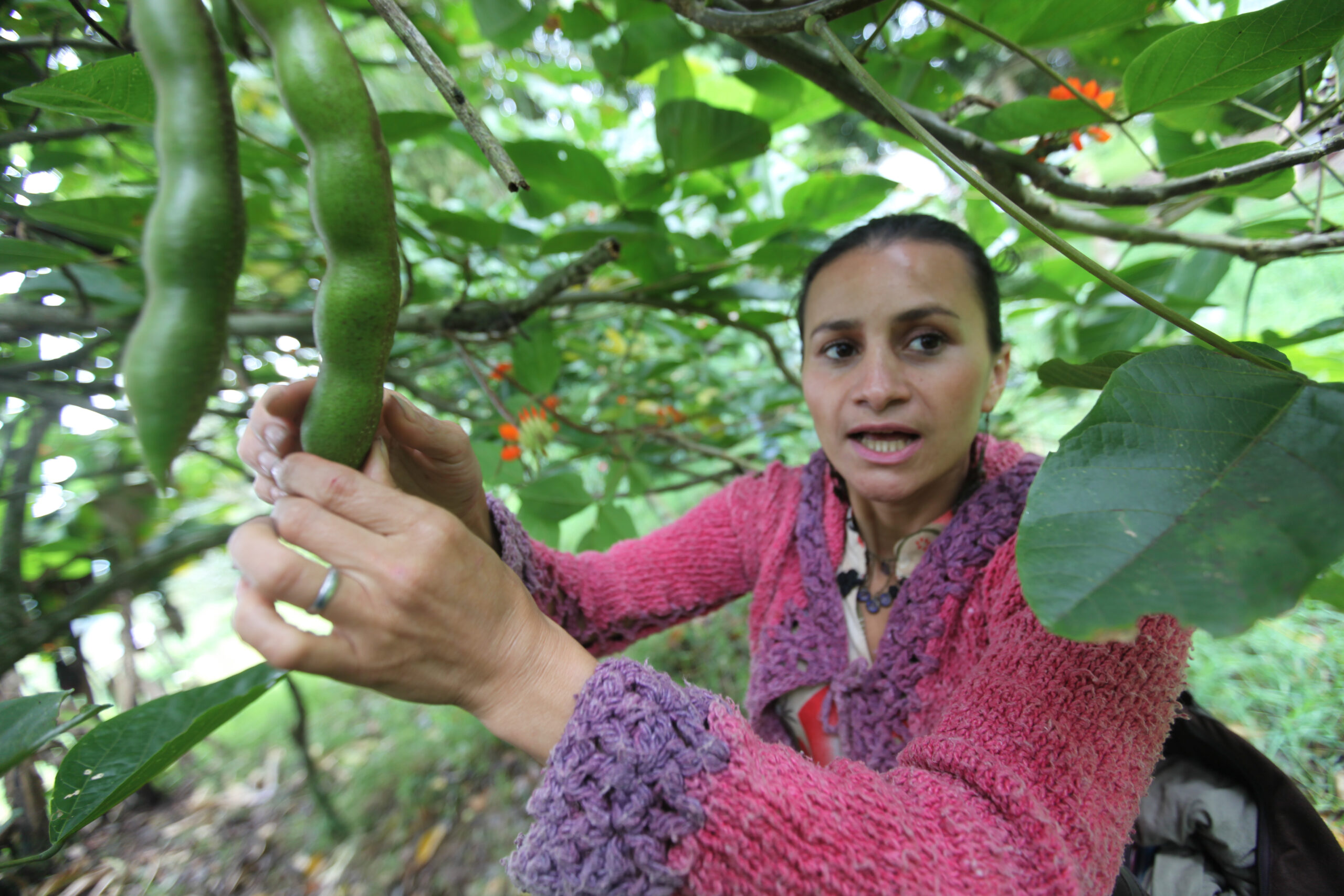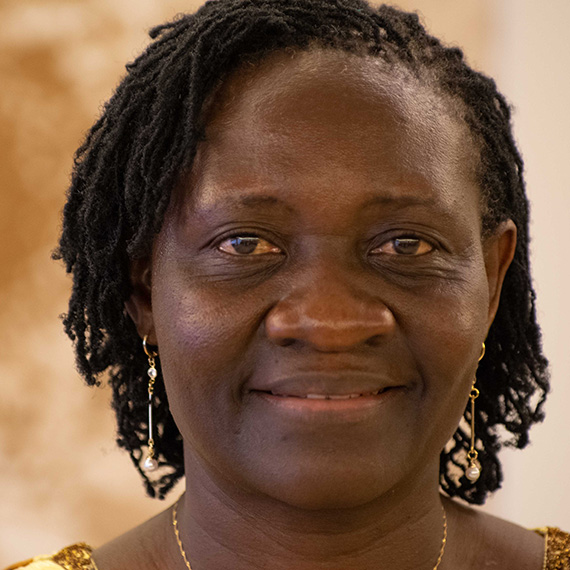The world is affected by an array of profound and interconnected crises that not only accelerate complex power dynamics, but also increase war, violence, conflicts, human rights violations and economic inequalities. Struggles for the right to life and human dignity, self-determination, freedom of expression, assembly and association, freedom of religion and belief, along with freedom from both political subjugation and increased militarisation, are manifestations of people’s quest for peace with justice and security. By engaging with populations under stress to address the needs they identify, human security directly and positively affects the daily lives of people threatened in their survival, livelihood and dignity.
